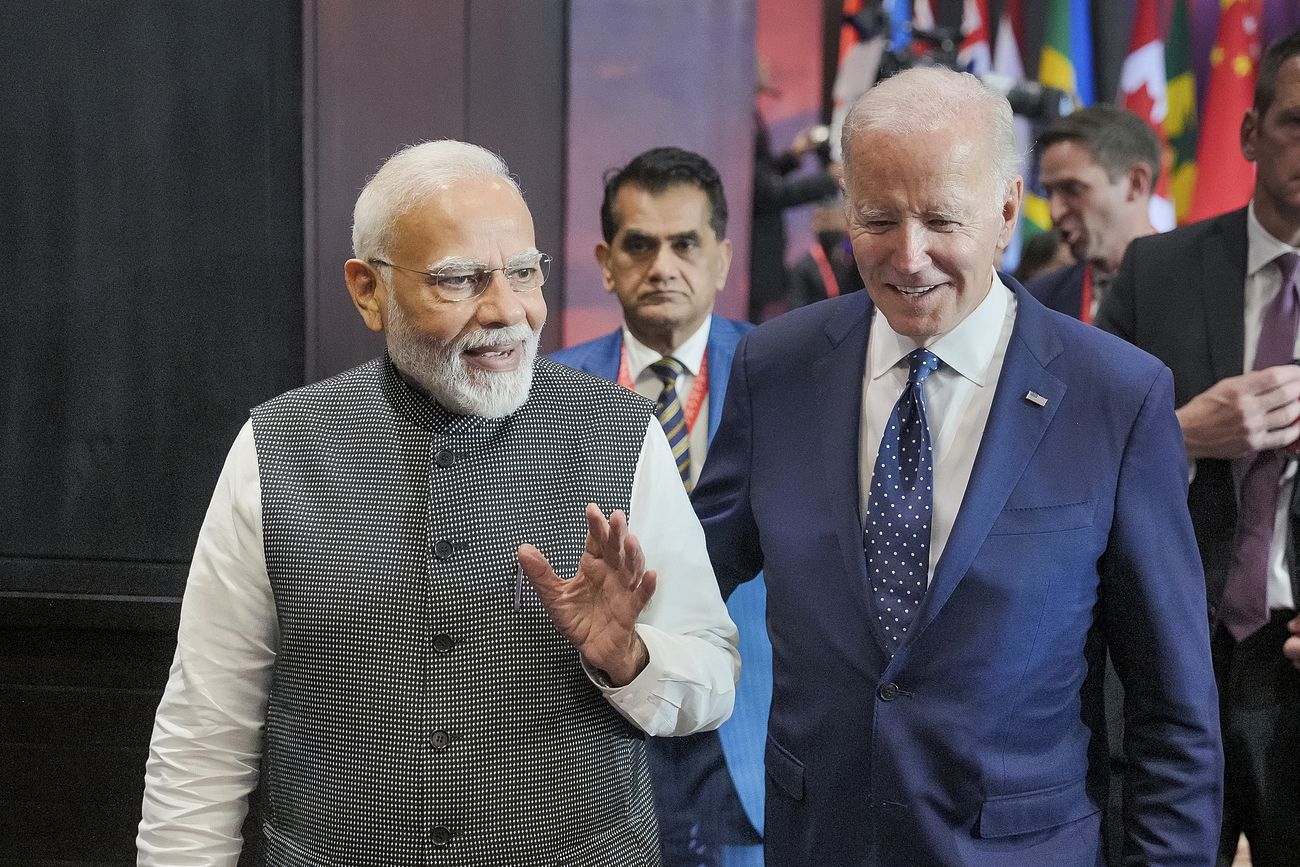In a significant development, leaders from the Group of 20 nations have come together to intensify their commitment to renewable energy and bolster financial resources for tackling climate-related disasters. However, they have remained at an impasse when it comes to the crucial issue of phasing out coal, a major source of carbon emissions.
New Delhi, India (AP) — The Group of 20 (G20) summit witnessed a historic accord on Saturday, with leaders of the world’s largest economies pledging to triple their efforts in the realm of renewable energy. Simultaneously, they aim to increase funding dedicated to addressing climate-induced disasters. Nevertheless, on the critical front of reducing coal consumption, the status quo prevails.
During a press conference convened shortly after the G20 leaders‘ announcement, Amitabh Kant, a high-ranking official from the Indian government who played a pivotal role in the G20 negotiations, described the accord as “possibly the most vibrant, dynamic, and ambitious document on climate action.”
While many climate and energy experts did not share Kant’s level of enthusiasm, they acknowledged that the G20 leaders had sent a resounding message concerning climate action. This message resonated at a time when the world is grappling with a rising frequency of natural calamities, including extreme heatwaves.
Disagreements continued during the last meeting of G20 climate ministers before the summit. Nonetheless, global leaders and climate experts argue that the announcement significantly moves negotiations forward, setting the stage for a bold climate agreement at the upcoming global climate summit, COP28, to be held in Dubai later this year Is.
Sultan al-Jaber, who will preside over the climate summit in Dubai, remarked, “These 20 nations collectively account for 80% of global emissions, making this declaration a powerful signal for progress in addressing climate change.”
Nevertheless, some climate activists argue that more decisive actions are needed. Harjeet Singh of Climate Action Network International commented, “While the G20’s commitment to renewable energy targets is commendable, it skirts around the root cause of our global dependence on fossil fuels.”
According to a report by Global Energy Monitor, an organization that monitors various energy projects worldwide, G20 countries are home to 93% of the world’s operational coal power plants and 88% of proposed new coal power plants that lack carbon capture technologies.
Singh, who has been involved in international climate negotiations for over two decades, added, “It is high time for the affluent nations in this consortium to lead by example, translate their promises into tangible actions, and contribute to shaping a greener and more equitable future for all.”
In a notable departure from the past, the G20 nations have concurred on the financial requirements for transitioning to clean energy. The document specifies that developing countries will require $5.9 trillion by 2030 to achieve their climate objectives. Additionally, an annual infusion of $4 trillion will be indispensable throughout the decade if developing nations are to attain net-zero emissions by 2050.
Madhura Joshi, an energy analyst based in Mumbai and associated with the climate think tank E3G, remarked, “This G20 summit has witnessed numerous groundbreaking moments. Nevertheless, it is disheartening that the G20 could not arrive at a consensus on phasing out fossil fuels.”
He stressed, “The expansion of renewable energy and the reduction of fossil fuel use must go hand in hand. We urgently need stronger and more determined action from our leaders on both fronts. All eyes are now on COP28 – what leaders Can you give results?”











